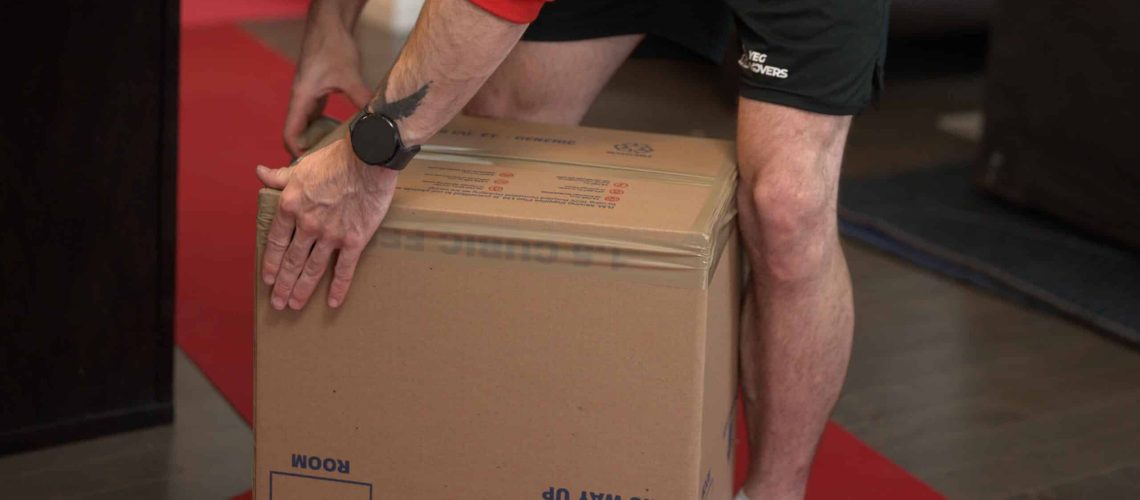Moving is often stressful because it involves physical, emotional, and logistical challenges that disrupt familiar routines and demand significant energy. Emotional ties to your current home, uncertainty about the future, and financial pressures add complexity. Partnering with experienced movers can alleviate some of these difficulties by providing professional support and easing the transition. Understanding the factors contributing to this stress can help you navigate the process more effectively.
Emotional Attachment to Current Home
The emotional bond to your current home can significantly impact stress levels during a move. Homes are more than just physical spaces—they hold memories, comfort, and a sense of belonging. Leaving this familiar environment can evoke feelings of sadness, anxiety, or even grief. Acknowledging these emotions and giving yourself time to process them can make the transition easier. It’s essential to remember that while leaving a cherished space is difficult, it also offers an opportunity to create new memories in your next home.
Disruption of Routines and Familiarity
Moving disrupts established routines and uproots the comfort of familiar surroundings, adding to the stress. Daily habits, such as your favorite coffee spot or evening neighborhood walk, are replaced by unknowns. Research indicates that our brains thrive on patterns and stability, so sudden changes can heighten anxiety. To ease this transition, try to establish new routines quickly after the move, which can help restore a sense of normalcy and reduce stress.
Uncertainty About the Future
Fear of the unknown is a significant contributor to moving-related stress. Uncertainty about your new environment, relationships, or job prospects can create feelings of anxiety. Preparing detailed plans, setting realistic expectations, and seeking advice from others who have moved can help reduce these uncertainties. A focus on adaptability and a willingness to embrace change can turn this challenge into an opportunity for growth.
Physical and Logistical Challenges
The physical demands of moving, coupled with logistical complexities, can make the process overwhelming. From packing to lifting heavy furniture, every step requires careful planning and execution. Without proper strategies, these challenges can lead to mental and physical strain. A detailed moving checklist, support from friends or professionals, and the use of appropriate tools can streamline the process. Don’t hesitate to seek help or delegate tasks when needed to avoid unnecessary stress or injuries.
Financial Strain and Planning
The financial aspect of moving is another major source of stress. Unexpected costs can quickly add up, making it essential to plan carefully. Here are some strategies to manage this aspect effectively:
- Create a Budget: List all anticipated expenses, including moving services, packing supplies, and travel costs.
- Compare Options: Research moving companies to find competitive rates and consider moving during off-peak seasons to save money.
- Account for New Expenses: Factor in adjustments like higher rent, new utility bills, and relocation costs associated with your new area.
By preparing financially and seeking cost-saving opportunities, you can ease the monetary burden and ensure a smoother transition.
Other related articles:
– How to Pack Books for Moving
– How to Pack Clothes for Moving


